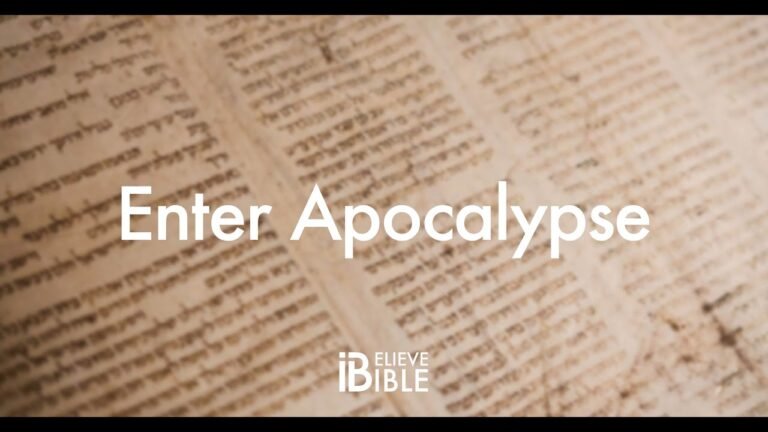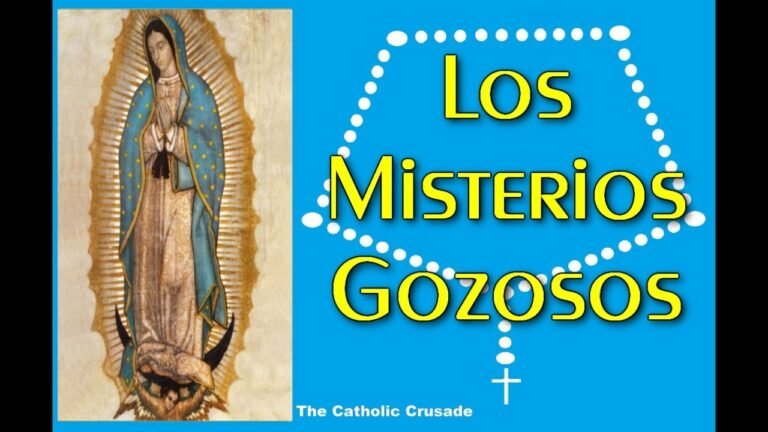Mastering the Spelling of Hallelujah
In a world where the beauty of language often intertwines with spirituality, the word hallelujah stands out as a powerful expression of joy and praise. Yet, many find themselves wondering, how do you spell hallelujah? This seemingly simple question opens the door to a rich tapestry of cultural significance and historical context. Join us as we explore the origins of this uplifting word, its correct spelling, and the profound impact it has on various traditions and celebrations around the globe.
Are there various spellings for hallelujah?
The expression of joy and praise, commonly rendered as “Hallelujah,” finds its roots in biblical texts and has transcended its original language to become a familiar term in various cultures. While “Hallelujah” is the most widely recognized spelling in English, alternative forms exist, reflecting the diversity of religious traditions and translations. Among these, “Alleluia” is frequently used, particularly in liturgical contexts.
Different translations offer unique interpretations of this powerful exclamation, each capturing the essence of gratitude and reverence. Some versions choose to convey the sentiment through phrases like “Praise the Lord” or “Praise God,” highlighting the act of worship in a more explicit manner. These variations enrich the understanding of the term, demonstrating how language can adapt while retaining the core message of praise.
Ultimately, the various spellings and phrases serve to connect individuals across different faiths and languages in a shared expression of devotion. Whether through “Hallelujah,” “Alleluia,” or other translations, the spirit of celebration remains constant, inviting people to join in a chorus of thankfulness and worship throughout the ages.
Which spelling is correct: hallelujah or Halleluyah?
The terms “Hallelujah” and “Halleluyah” are often used interchangeably, both expressing a joyful praise to God. The variation in spelling primarily stems from the transliteration of Hebrew characters into the English alphabet, reflecting the letter ‘yod,’ which can represent both ‘J’ and ‘Y’ sounds.
Regardless of the spelling, the essence remains the same—a vocal expression of worship and gratitude. This flexibility in pronunciation invites a broader understanding of the term, allowing diverse cultural interpretations while uniting people in their shared reverence.
Why are there two different spellings of hallelujah?
The variations in the spelling of “hallelujah” and “alleluia” reflect the rich tapestry of linguistic evolution and cultural exchange. Both terms convey the same heartfelt sentiment of “praise the Lord,” yet their origins highlight the journey of the word through different languages and traditions. “Hallelujah,” rooted in Hebrew, captures the essence of its ancient origins, while “alleluia” showcases its adaptation into Latin and Greek contexts.
This duality in spelling not only enriches the language but also illustrates how religious expressions can transcend boundaries, evolving as they travel through time and cultures. As communities across the globe embrace these terms, they serve as a reminder of the shared spiritual heritage that connects diverse faiths, inviting all to celebrate the joyous act of praise in various forms.
Unlocking the Secrets of a Timeless Word
In a world where language evolves rapidly, the word “love” stands as a testament to the enduring power of emotion. It transcends cultures and generations, serving as a bridge that connects people through shared experiences and deep feelings. From the tender whispers of a parent to the passionate declarations of a lover, love resonates in countless forms, each unique yet universally understood. Its simplicity belies its complexity, as it can bring immense joy or profound sorrow, making it a cornerstone of human existence.
Exploring the nuances of love reveals a rich tapestry woven from moments of compassion, sacrifice, and connection. Whether it’s the unbreakable bond of friendship or the quiet support of a partner, love manifests in ways that enrich our lives. As we delve into its many dimensions, we uncover not just the essence of our relationships, but also insights into ourselves. Embracing love in all its forms can lead to a deeper understanding of humanity, reminding us that while times change, the need for love remains a timeless truth.
Elevate Your Vocabulary with Hallelujah
In a world rich with diverse expressions, the word “hallelujah” stands out as a powerful exclamation of joy and gratitude. Often associated with religious celebration, this term transcends its spiritual roots, embodying a universal sense of appreciation for life’s blessings. By integrating “hallelujah” into everyday conversation, you not only enhance your vocabulary but also infuse your language with a profound depth that resonates with others.
Using “hallelujah” can shift the tone of a discussion, turning ordinary moments into celebrations of positivity. Whether you’re expressing relief, excitement, or triumph, this expressive word adds a layer of enthusiasm that captivates listeners. Imagine sharing the joy of a personal achievement or the beauty of a fleeting moment and punctuating your sentiment with a heartfelt “hallelujah.” Such moments create connections, inviting others to join in your celebration.
As you incorporate “hallelujah” into your dialogue, you open doors to richer, more meaningful interactions. This single word can transform the mundane into the extraordinary, encouraging those around you to embrace gratitude and joy. Elevating your vocabulary with “hallelujah” enables you to communicate not just with clarity, but with emotion, making every conversation a memorable experience rooted in positivity.
A Simple Guide to Perfecting Spelling Skills
Mastering spelling skills is essential for effective communication and can significantly boost your confidence in both writing and speaking. Start by familiarizing yourself with commonly misspelled words and creating a personalized list. Utilize flashcards or digital apps to practice regularly, turning repetition into a fun game. Engaging with these words in context—through reading and writing—will reinforce your memory and help you recognize patterns in spelling.
Incorporating spelling exercises into your daily routine can make a noticeable difference. Try setting aside a few minutes each day to write sentences using new words, or challenge yourself with spelling quizzes. Additionally, consider joining online forums or local clubs focused on language learning, where you can share tips and receive feedback. With dedication and practice, you’ll find that improved spelling not only enhances your writing but also enriches your overall language skills.
Mastering the spelling of hallelujah not only enhances your vocabulary but also connects you to its rich cultural and spiritual significance. Whether you’re writing a heartfelt message, singing in a choir, or simply sharing your thoughts, knowing how to spell this beautiful word allows you to express joy and gratitude more effectively. Embrace the wonder of language, and let hallelujah resonate in your conversations and creativity.







